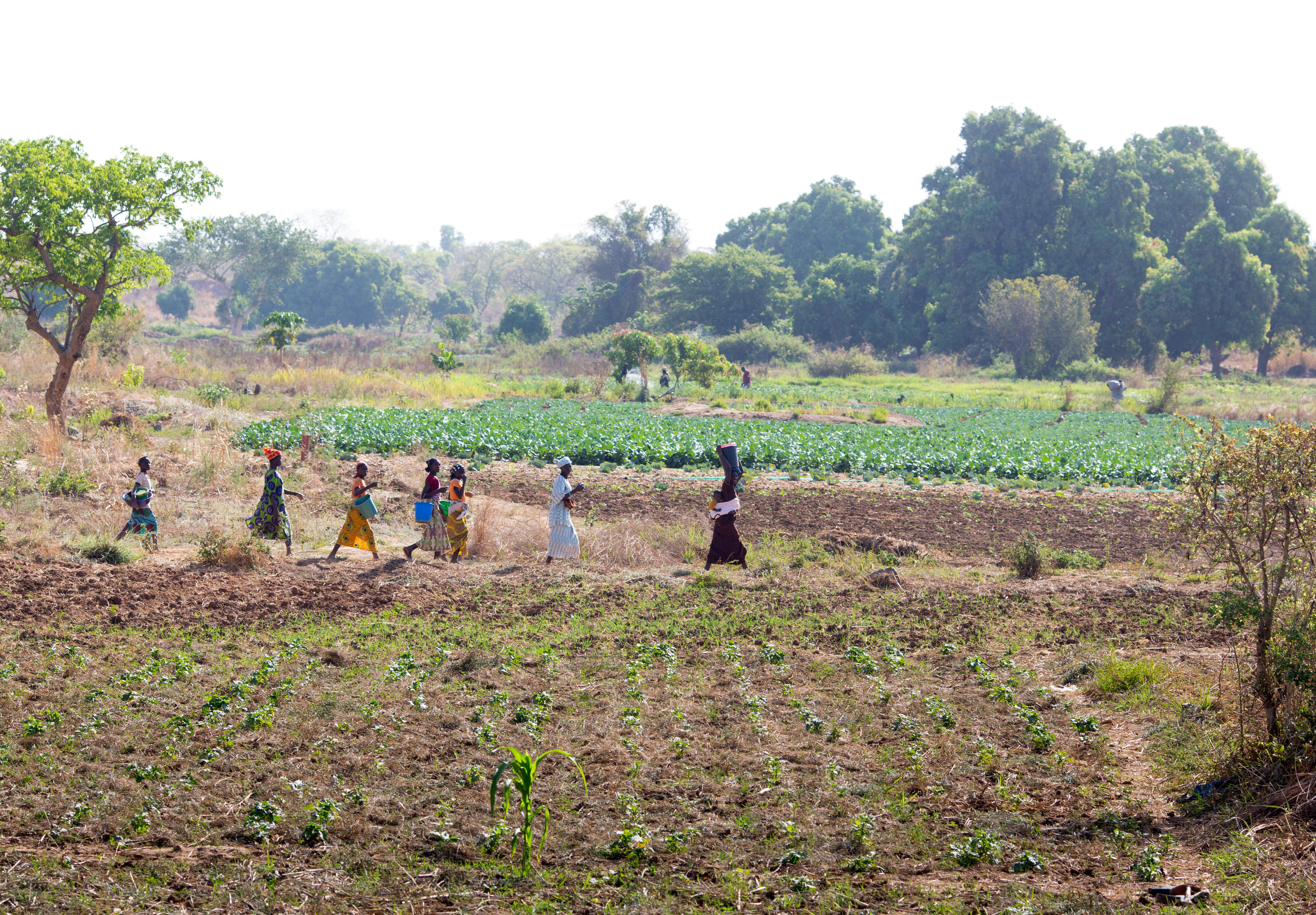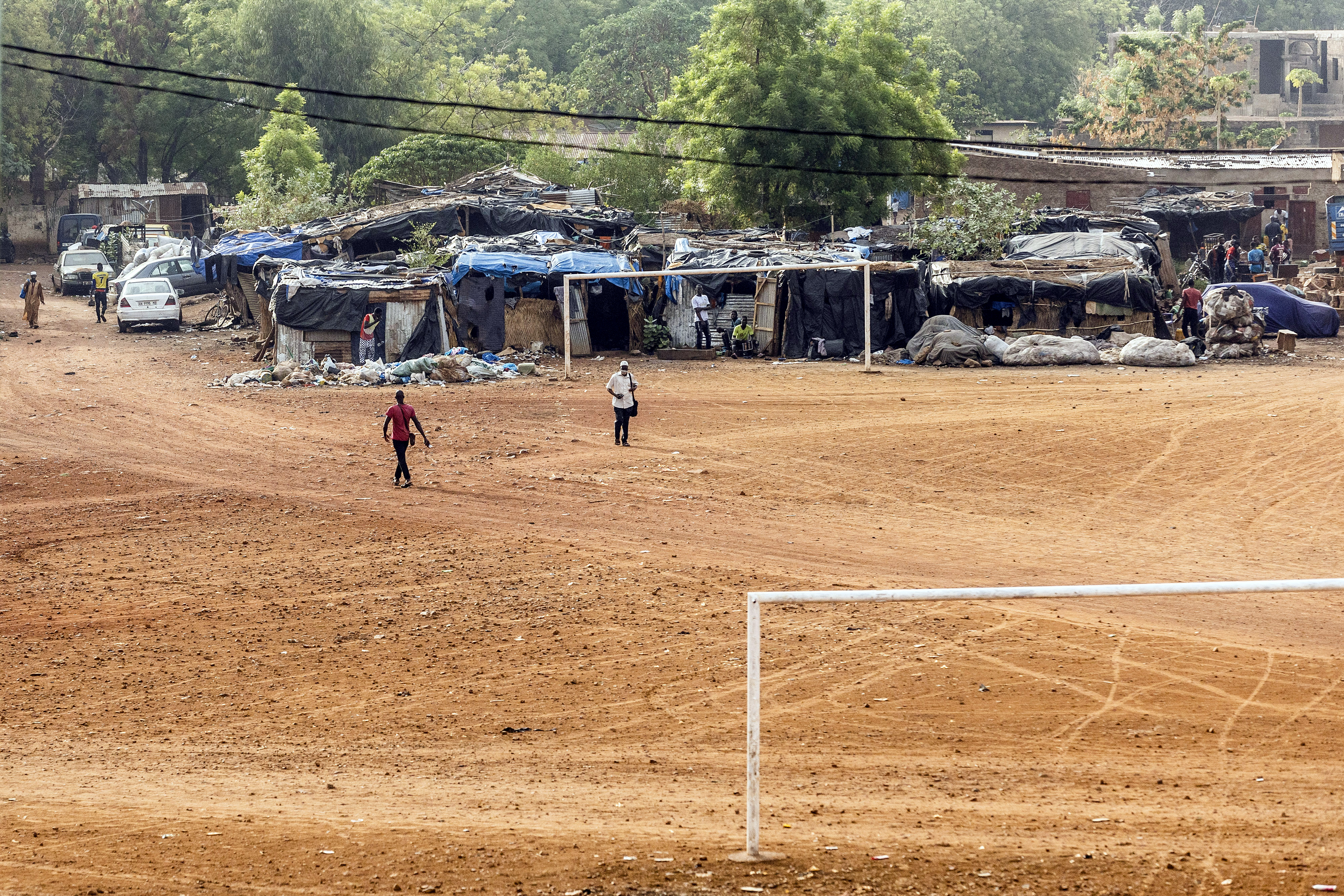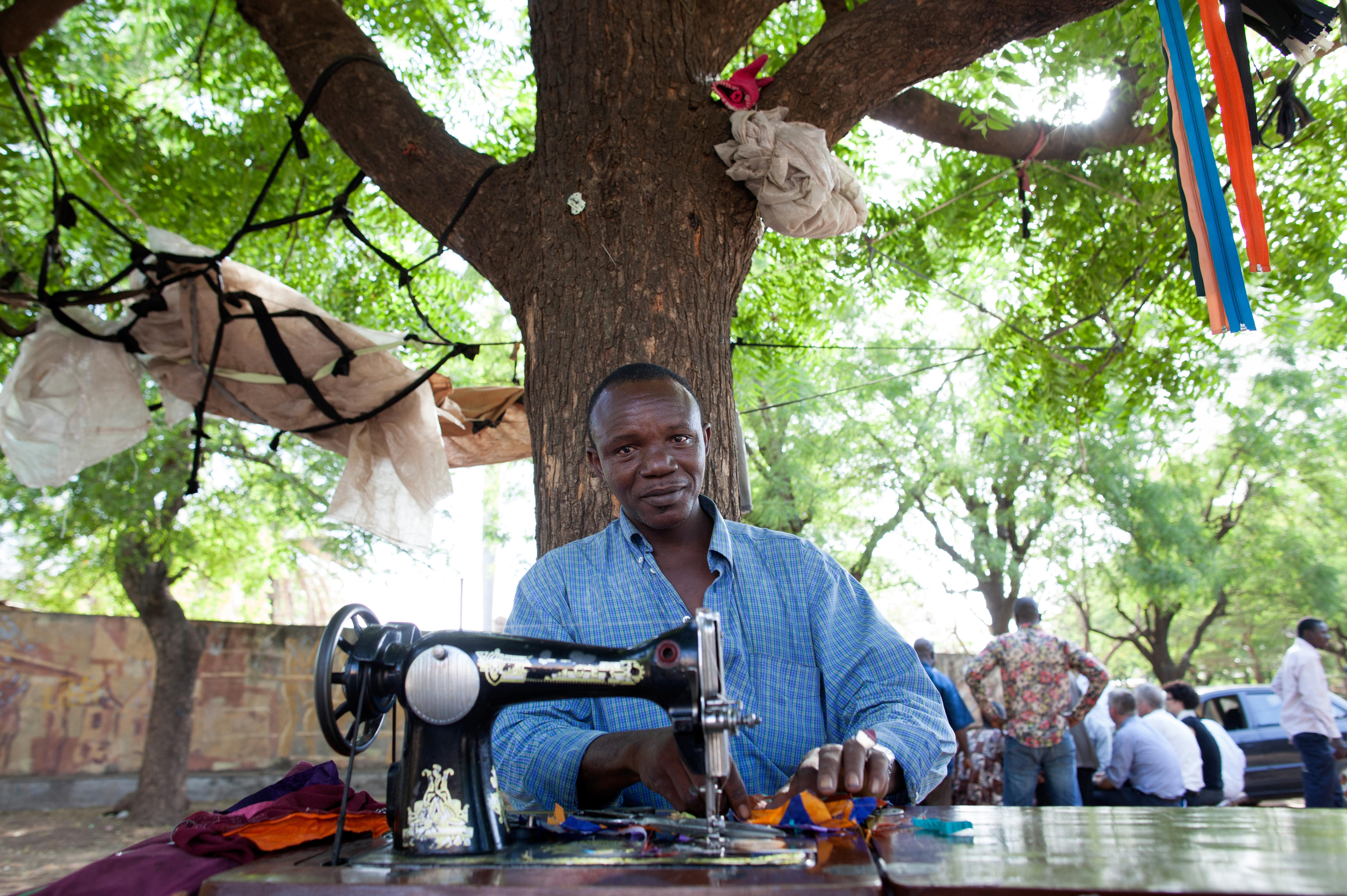Farmers on their way to their fields
Copyright© Ute Grabowsky/photothek.net
Mali
The political situation in Mali is fragile. In 2012, an uprising of separatist Tuareg and rebel groups in northern Mali plunged the country into a severe crisis. Since that time, several UN missions have been put in place to stabilise Mali and restore the authority of the state and protect the civilian population. The last UN stabilisation mission, MINUSMA, was closed in December 2023 at the request of Mali. After two coups (2020 and 2021) Mali is now in a transition phase. Parliamentary and presidential elections were announced several times but have been postponed every time with reference to the transition process.
The BMZ is not satisfied with the lack of progress on democracy in Mali since the military coups in 2020 and 2021. But Germany has a huge interest in supporting Mali. As in Niger, Burkina Faso and Chad, livelihoods in Mali must be safeguarded in order to make the Sahel as a whole a safer place.
For German development cooperation, this means that it will be continued in Mali. However, for the time being, this will not be a return to the regular development cooperation with Mali’s government like before the coups. Instead, activities will be implemented without involving the government.
This means that still no funding will be channelled directly to the central government. Instead, the funds go to subordinate authorities, municipalities, civil society organisations and international organisations that then use the funding for concrete projects. In addition, development cooperation focuses on efforts that improve the living conditions for the people, for instance by creating new jobs in agriculture, developing climate-smart farming methods and improving water supply.
SDG trends for Mali
- On track or maintaining SDG achievement
- Moderately improving
- Stagnating
- Decreasing
- Trend information unavailable



















